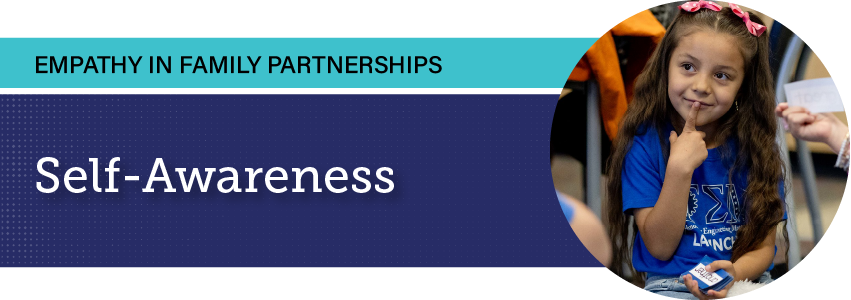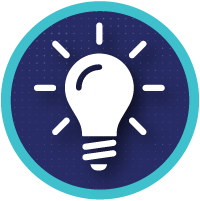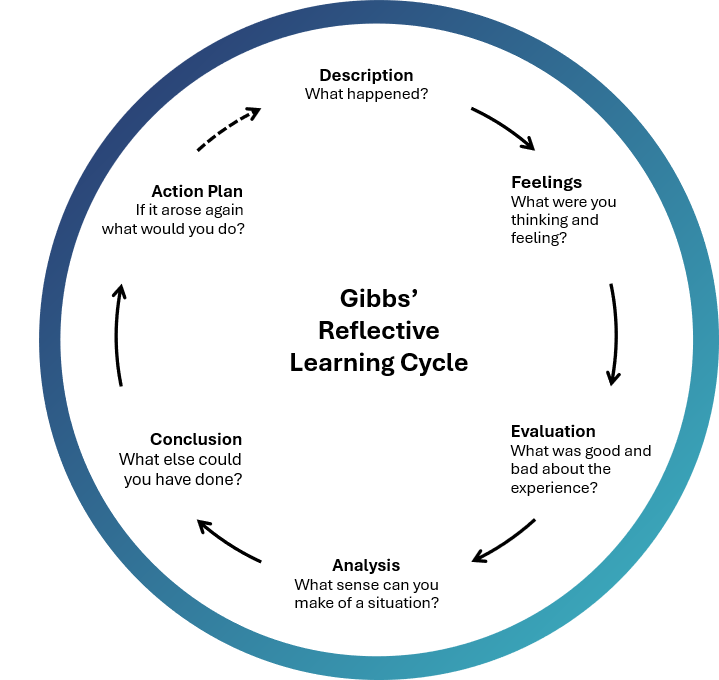CDE will be closed on Monday, September 1, for the Labor Day holiday.
You are here
Module 1: Introduction and Self-Awareness and Understanding Others

Learning Objectives:
- Facilitate, support, and sustain opportunities for multidisciplinary teams to recognize and reflect on strengths and areas of improvement vital for personal and professional growth.
- Advance understanding of how our personal lenses, experiences, values, and beliefs may impact our relationships with families and other professionals within problem-solving teams.
- Provide opportunities to assess and evaluate personal growth as it relates to advancing equity in schools and when gathering data for students suspected of having exceptionalities.
The Importance of the Reflective Experience
Implementing systemic change in school systems is often a process that focuses on changing technical elements (e.g. implementing a new curriculum, hiring a new professional). Without a focus on individual reflection as part of systemic change, these changes will not be comprehensively successful. Many studies demonstrate the benefit of reflection as it helps professionals improve their practice, increase their self-awareness, and learn from their mistakes (Thejil-Madsen, 2018). Individual reflection and growth also contribute to advancing equity as school staff will be able to more deeply and purposefully engage in advancing systemic change that is authentic to individual and group contexts.
Reflective activities must be seen as integral to professional development, and as such, supported through time allocation and prioritization by school and district leaders. School leaders may consider adopting a model of critical reflection that is promoted through school-level structures, such as within MTSS processes. One common model that is used to guide reflection is Gibbs Reflective Learning Cycle model (Gibbs, 1988). In this model, an individual works through a guided process of reflection by describing the scenario, identifying feelings, evaluating the experience, analyzing the situation, concluding, and identifying an action plan. School leaders (e.g. special education directors, MTSS coordinators, mental health managers) can guide this process and create systems that encourage continual reflective practices. The Gibbs model is only one model of critical reflection; we encourage school staff to engage with other models as appropriate given that such engagement will contribute to deeper learning.
Purposeful and meaningful reflection can be uncomfortable and challenging. Reflection causes individuals to confront their own thoughts and beliefs which may have been maintained for many years. New perspectives on thinking are exciting, and may also cause us to question our prior thoughts or behaviors or leave us unsettled about our beliefs. Personal growth looks different for everyone and the steps towards such growth must be individually based. Reflective practice helps us understand our own cultural understanding gaps and successes and allows us to advance in ways that are meaningful to our own personal and professional growth journey. When school leaders encourage personal or individual reflection of the entire team, this growth will influence group dynamics and contribute to a culture that values such growth.
Activities:
- Complete the self-assessment through the CDE Equity Toolkit
- Read “Culture Informs Bias” and reflect on the questions provided
- Read “Biased Based Beliefs” and complete the reflective PDF worksheet
- Read “Intersectionality” and reflect on the questions posed
Reflection Questions:
- How do my personal experiences shape how I approach advancing equity among children with minoritized identities and children with exceptionalities in my school/district/context?
- How is equity defined in my school/district? Does this definition align with my own definition? How does the district align their values and actions based on this definition? Is this definition and alignment unique for children with exceptionalities?
- How does the language I use with families and within documents that support families prioritize equity and asset-based perspectives?
- How do I prioritize engaging in personal and team-based self-reflection and equity advancement among minoritized children and those with minoritized identities and children with exceptionalities?

Module 1 Quiz
Having trouble with this webpage?
If you have problems with broken links or accessing the content on this page, please contact the Exceptional Student Services Unit at ESSU@cde.state.co.us. Please copy the URL link for this page into the email when referencing the problem you are experiencing.






Connect With Us





